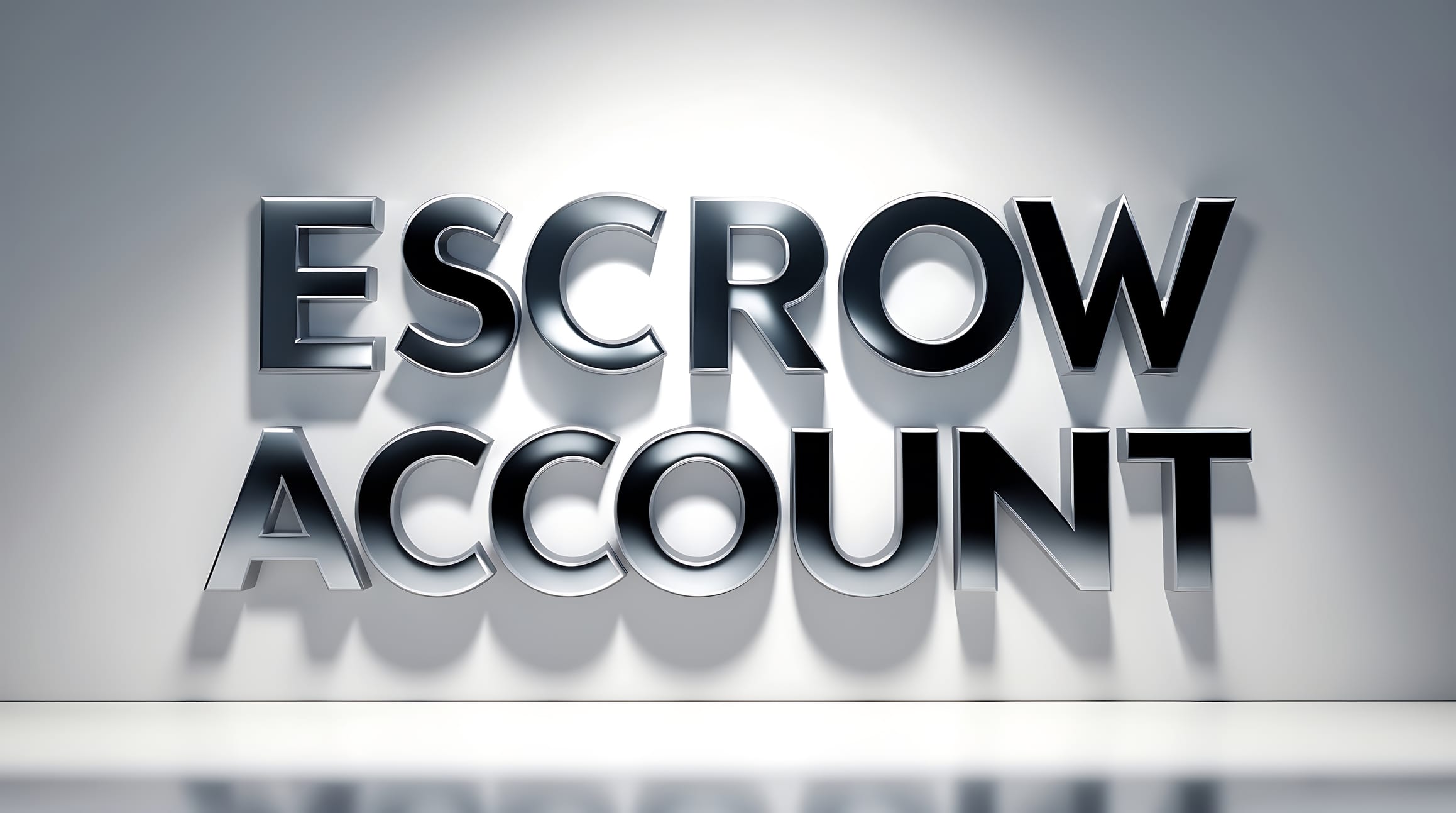One of the most common fears in the domain aftermarket is simple: “If I pay for a domain, how do I know the seller will transfer it to me?” Unlike buying books on Amazon or shoes from an online shop, domain names are unique digital assets with no replacement. This makes safety and trust the foundation of every successful transaction.
Fortunately, the industry has developed systems to protect both buyers and sellers. Whether you buy through a marketplace, work with a broker, or negotiate directly, escrow and transaction guarantees ensure that the money and the domain always change hands securely.
1. Why Trust Matters in Domain Transactions
Domains are high-value digital assets. A short, strong .com can be worth thousands — even millions — of dollars. But unlike physical goods, domains can be transferred in seconds, making buyers wary:
- What if the seller disappears after I send the money?
- What if the buyer takes the domain but reverses the payment?
Trust is the currency of the secondary domain market. Without it, the market would collapse. That’s why marketplaces, brokers, and escrow services exist — to make sure both sides are protected.
2. Marketplaces: Built-In Safety Nets
Marketplaces like Afternic, Sedo, Dan.com, Atom (BrandBucket) and GoDaddy Auctions dominate the industry. They are the most common way domains are bought and sold.
🔹 How Marketplaces Protect Buyers
- Buyers pay the platform directly (credit card, PayPal, wire, crypto in some cases).
- The marketplace holds the funds in trust.
- Only after the domain is transferred does the seller receive payment.
🔹 Advantages
- High buyer confidence → big names like GoDaddy and Sedo have reputations to protect.
- Automation → transfers often happen instantly (especially with Fast Transfer networks).
- Exposure → buyers trust listings because they know there is a secure process behind them.
🔹 Drawbacks
- Commission fees: 10–20% of the sale price.
- Less personal: buyers and sellers rarely interact directly.
Bottom line: Marketplaces are the safest and easiest option for most buyers.
3. Brokers: High-Value Transactions with Human Oversight
For premium names (six-figure .coms, or highly strategic assets), buyers and sellers often use domain brokers.
🔹 How Brokers Ensure Safety
- Brokers negotiate directly with both parties.
- Payments are routed through escrow services (often Escrow.com or the broker’s own escrow).
- The broker manages transfer and release of funds.
🔹 Advantages
- Targeted sales → brokers know how to reach decision-makers.
- Negotiation expertise → brokers maximize sale price while ensuring smooth closing.
- Safety layer → established brokers stake their reputation on trustworthy transactions.
🔹 Drawbacks
- Higher fees: brokers typically charge 10–20% commission, on top of escrow fees.
- Not practical for low-value names.
Bottom line: Brokers are best for premium assets, where expertise and negotiation power outweigh higher costs.
4. Direct Deals: Risky Without Escrow
Sometimes, buyers and sellers connect directly (through email outreach, LinkedIn, or WHOIS data). Direct deals can save commissions but also carry the highest risk.
🔹 The Risk
- Scams → paying directly by PayPal or wire without escrow can mean the buyer loses everything.
- Non-delivery → the seller could vanish after receiving funds.
- Chargebacks → the buyer might take the domain, then reverse payment.
🔹 The Solution: Escrow Services
Reputable escrow services — Escrow.com, Afternic’s Escrow, and sometimes Payoneer Escrow (no longer active in all markets) — ensure fairness.
How escrow works:
- Buyer sends funds to escrow service.
- Escrow confirms payment.
- Seller transfers domain.
- Escrow verifies transfer.
- Seller receives funds.
🔹 Advantages
- Lowest cost: Escrow.com charges ~1–2% fee.
- Direct negotiation flexibility: pricing, terms, and payment methods can be tailored.
🔹 Drawbacks
- Trust relies on choosing a reputable escrow provider.
- Requires more effort than clicking “Buy Now” on a marketplace.
Bottom line: Direct deals are only safe when escrow is used. Otherwise, they are the riskiest path.
5. Escrow: The Core of Safe Domain Sales
No matter which sales channel is used, escrow is the backbone of safety.
🔹 Why Escrow Works
- Escrow is a neutral third party.
- Both sides are protected: seller knows the funds are real, buyer knows they won’t be released until the domain is transferred.
- Fraud is virtually eliminated.
🔹 Main Escrow Options
- Escrow.com: industry standard, widely trusted, global reach.
- Marketplace escrow: Afternic, Sedo, and Dan all include escrow as part of their platform.
- Bank-managed escrow: for very high-value sales, sometimes handled through law firms or banks.
Without escrow, safe domain sales don’t exist.
6. Comparison Table
Here’s how the main channels stack up in terms of safety, cost, and best use case:
| Sales Channel | Buyer Safety | Seller Safety | Typical Fees | Best Use Case |
|---|---|---|---|---|
| Marketplaces (Afternic, Sedo, Dan, Atom) | Very High (funds held in trust) | Very High (payment guaranteed) | 10–20% | Mid-tier domains, broad exposure |
| Brokers | High (escrow-managed) | High (escrow-managed) | 10–20% + broker cut | Premium/high-value sales |
| Direct Deals (with Escrow) | High (funds secured first) | High (funds released after transfer) | 1–2% | Experienced buyers/sellers, custom deals |
| Direct Deals (no Escrow) | Very Low | Very Low | 0% | Never recommended |
7. Choosing the Right Channel
- For buyers of mid-range domains ($1K–$25K): Marketplaces are ideal. Safe, convenient, and efficient.
- For six-figure+ domains: Brokers + escrow add expert handling and negotiation power.
- For custom or direct negotiations: Escrow.com makes private deals safe, as long as both sides commit to using it.
8. The Golden Rule: Never Pay Without Escrow
Every domain professional will tell you the same thing: never send money directly to a seller without escrow or marketplace protection.
If a seller refuses to use escrow, that is a red flag. Legitimate sellers and buyers want the protection of escrow just as much as you do.
Conclusion
The secondary domain market thrives because buyers and sellers know their transactions are safe. Whether through marketplaces, brokers, or direct escrow deals, the mechanisms are in place to protect both sides.
- Marketplaces give convenience and trust.
- Brokers provide expertise and human oversight.
- Escrow makes even direct deals secure.
At the end of the day, the safety of domain transactions rests on a simple principle: money and domains should always pass through trusted hands. That principle allows the industry to function, grow, and serve as the foundation of digital branding worldwide.



